Romantic comedies, by their nature, explore the complexities and nuances of relationships. They often rely on conflicts, misunderstandings, and character flaws to drive the plot forward and create compelling storylines. In this context, unlikeable characters serve important purposes. They challenge the protagonists, forcing them to confront their insecurities, make tough choices, and ultimately grow as individuals.
Unlikeable characters can add depth and conflict to rom-com narratives, whether they assume the role of an antagonist or simply embody traits that make them grating to watch. Antagonists, such as manipulative love rivals or selfish ex-partners, are designed to challenge the protagonists and create obstacles to their happy ending. These characters often possess qualities like deceit, selfishness, or a lack of empathy, making them easy to despise.
On the other hand, there are some characters that are just downright annoying that may exhibit traits such as insensitivity, immaturity, or obnoxiousness, making them difficult to root for or connect with emotionally. Their presence can generate comedic tension or serve as a catalyst for personal growth in the main characters. Here are the 10 most unlikable rom-com characters, ranked.
10 The Plastics — Mean Girls
Mean Girls stands as a beloved film for its clever writing, sharp humor, and insightful portrayal of high school dynamics. The Plastics, the popular girl clique led by Regina George (Rachel McAdams), Gretchen Wieners (Lacey Chabert), and Karen Smith (Amanda Seyfried), embody the entertaining yet unlikable qualities that add depth to the story. Their depiction as mean-spirited, manipulative, and superficial characters adds a layer of intrigue and creates a stark contrast to the film’s protagonist, Cady Heron (Lindsay Lohan).
While the Plastics are fun to watch due to their over-the-top personalities and memorable one-liners, their actions and treatment of others make them undeniably unlikeable. Their toxic behavior and the way they use their popularity to control and manipulate others serve as a stark reminder of the negative impact of cliques and the importance of genuine kindness and acceptance. Ultimately, the Plastics’ unlikability adds a critical narrative element, highlighting the pitfalls of conformity and the journey toward self-discovery and personal growth.
9 Margaret Tate — The Proposal
Margaret Tate, played by Sandra Bullock, is an unlikeable character in The Proposal primarily due to her cold and demanding personality. As a successful book editor facing deportation, Margaret coerces her assistant, Andrew Paxton, into a fake marriage to save her career. Her domineering behavior, lack of empathy, and disregard for Andrew’s personal life and feelings make her an unsympathetic character. Margaret’s constant control and manipulation not only strain the credibility of their fake relationship, but also prevent any authentic emotional connection from forming.
8 June Havens — Knight and Day
June Havens, portrayed by Cameron Diaz in Knight and Day, proves to be an incredibly annoying character, amplified by her overacting and incessant shrieking. Throughout the film, June is thrust into a thrilling and perilous adventure alongside secret agent Roy Miller (Tom Cruise). However, instead of embodying a capable and resilient character, June consistently showcases helplessness, indecisiveness, and a penchant for overreacting.
Her exaggerated expressions, shrill screams, and over the top mannerisms quickly become grating for the audience. Rather than serving as a relatable or endearing protagonist, June’s over-the-top antics and constant need for rescue make her character extremely frustrating to watch.
7 Zack Siler — She’s All That
Zack Siler in She’s All That, portrayed by Freddie Prinze Jr., exemplifies an unliksable character due to his initial shallow and superficial nature. As the popular jock who accepts a bet to transform Laney Boggs, a socially awkward outcast, into a prom queen, Zack’s actions stem from a place of vanity and peer pressure. He objectifies Laney and treats her as a mere project, undermining the authenticity of their connection. Zack’s self-centeredness, coupled with his willingness to manipulate someone’s feelings for personal gain, makes it difficult for viewers to genuinely root for him.
6 Brooke and Gary — The Break-Up
The Break-Up is undoubtedly a well-crafted film that delves into the realistic complexities of romantic relationships. However, the two leads, Brooke and Gary, portrayed by Jennifer Aniston and Vince Vaughn, respectively, exhibit unlikable qualities that hinder their relatability and charm. Brooke’s character comes across as demanding and uncompromising, often prioritizing her own needs without considering Gary’s perspective. Her confrontational approach to communication and refusal to find common ground make it challenging for viewers to empathize with her.
On the other hand, Gary’s character is plagued by emotional immaturity and a fear of commitment. His passive-aggressive behavior and unwillingness to take responsibility for his actions leave a negative impression. Despite the film’s strong storytelling and insightful portrayal of relationship dynamics, the unlikability of the two leads hampers the audience’s ability to fully connect with them, ultimately affecting their overall appeal.
5 Julianne Potter — My Best Friend’s Wedding)
In My Best Friend’s Wedding, Julia Roberts’ character, Julianne, serves as the catalyst for the central conflict as her realization of her feelings for her best friend coincides with his upcoming wedding. Julianne’s unlikability stems from her relentless pursuit of a romantic relationship with her best friend Michael, even though he is about to marry someone else. Her selfishness becomes increasingly evident as she manipulates those around her, including Michael’s fiancée, Kimberly.
Julianne’s relentless sabotage attempts and disregard for the happiness of others showcase her lack of empathy and boundaries. Her actions not only betray the trust of her supposed best friend but also paint her as a character driven by her own desires, regardless of the consequences for those involved. While Julianne’s internal struggle and vulnerability are portrayed with depth, her overall unlikability is hard to ignore.
4 Steve Edison — The Wedding Planner
Steve Edison, portrayed by Matthew McConaughey in The Wedding Planner, exhibits unlikable qualities as a character engaged to be married while simultaneously developing feelings for the wedding planner, Mary Fiore. Steve’s indecisiveness and willingness to betray his fiancée demonstrate a lack of integrity and commitment. Despite recognizing his growing attraction to Mary, Steve continues to lead a double life, causing emotional turmoil for all involved. His actions betray the trust of his fiancée, casting doubts on his character and making it challenging for viewers to wholeheartedly support his pursuit of love.
3 Amber Von Tussle — Hairspray
Amber Von Tussle serves as an unlikeable character in the musical comedy Hairspray due to her mean-spirited and racist behavior. As a privileged and snobbish teenager, Amber actively opposes racial integration on a popular TV show, using her influence to sabotage the efforts of the film’s protagonist, Tracy Turnblad. Her prejudice, arrogance, and sense of entitlement not only alienate viewers but also position her as a primary antagonist. Amber’s refusal to embrace diversity and her willingness to harm others for personal gain make her an unsympathetic character throughout the film, right until the end after undergoing a successful redemption arc.
2 Andie and Ben — How to Lose a Guy in 10 Days
Despite How to Lose a Guy in 10 Days being a fun and enjoyable movie, both Andie Anderson, played by Kate Hudson, and Ben Barry, portrayed by Matthew McConaughey, exhibit unlikable qualities that make it challenging for viewers to fully embrace them as protagonists. Andie’s manipulative behavior, driven by her assignment to push Ben away, portrays her as inconsiderate and dishonest in her romantic pursuits. Her intentional efforts to sabotage the relationship through extreme and deceptive tactics come off as insensitive and callous.
On the other hand, Ben’s initial involvement with Andie, also motivated by a bet, showcases a lack of integrity and respect for others’ feelings. His willingness to toy with Andie’s emotions for personal gain undermines his likability. Together, their misguided actions and lack of sincerity make it difficult for audiences to wholeheartedly root for them as a couple, leaving a lingering sense of unease throughout the film.
1 Daniel Cleaver — Bridget Jones’s Diary
Bridget Jones’s Diary is a highly successful and popular movie that spawned a number of sequels, audiences across the globe collectively fell in love with the relatable and down to earth eponymous character, portrayed magnificently by Renée Zellweger. On the flip-side, there was Daniel Cleaver, portrayed by Hugh Grant, who was an undeniably vile character. From his initial introduction, it’s clear that Daniel is a manipulative and deceitful individual, and it quickly becomes apparent that his smooth-talking charm serves as a facade for his true nature.
Throughout the film, Daniel continuously betrays Bridget’s trust, showcasing a complete lack of respect for her feelings. He uses his position of power at work to exploit women, objectifying them for his personal gain.
This story originally appeared on Movieweb


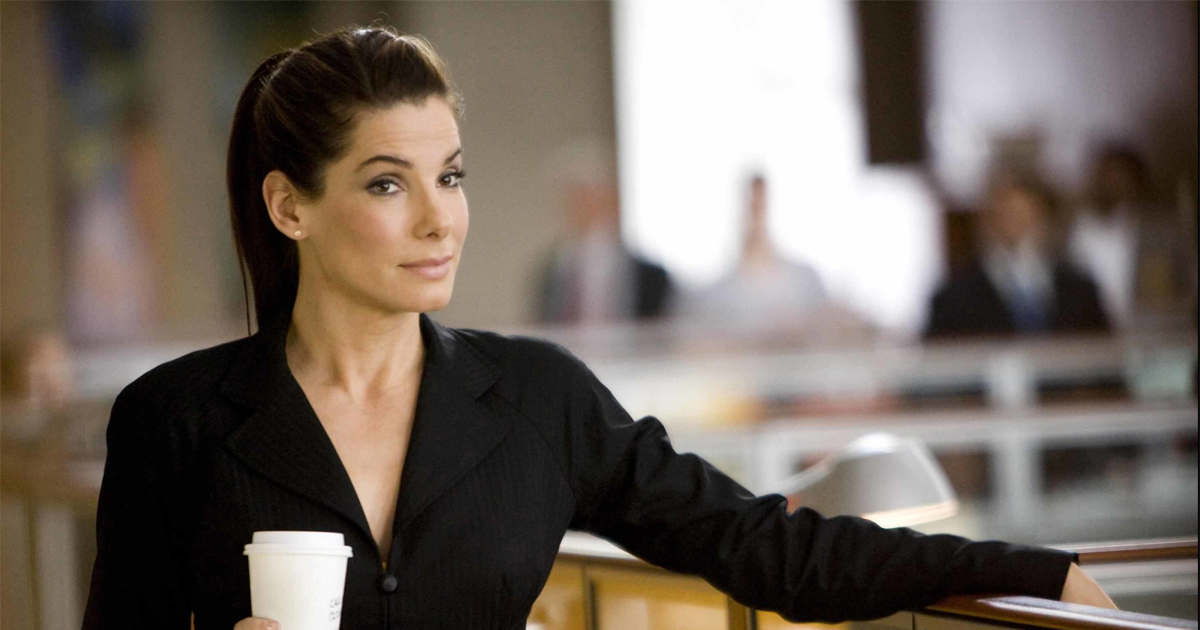
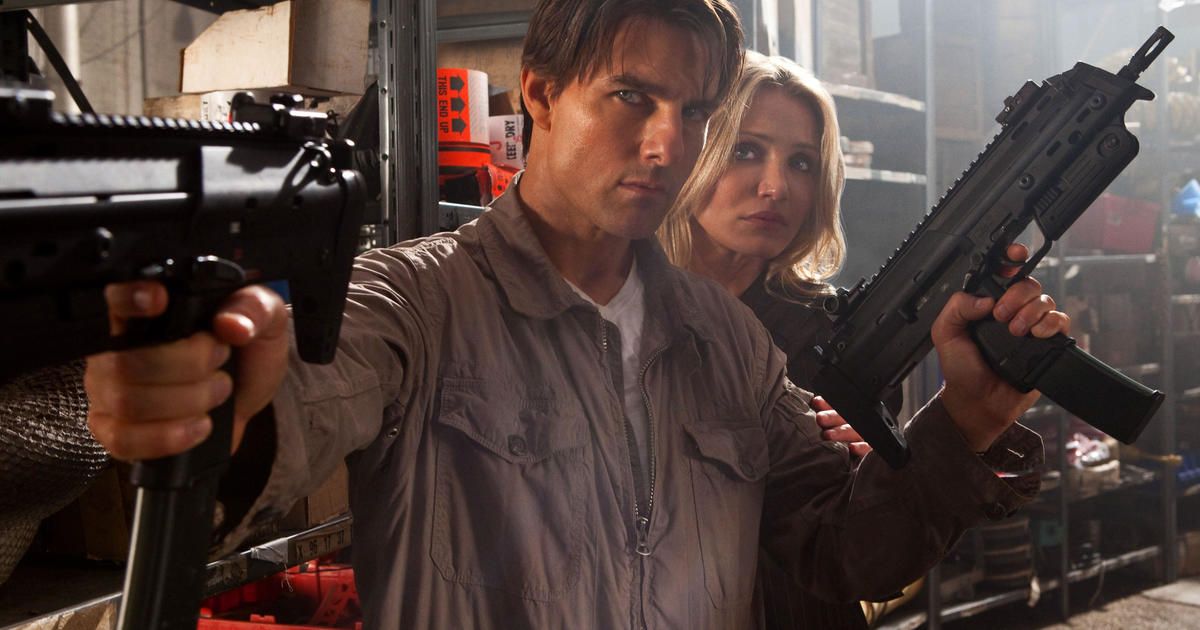
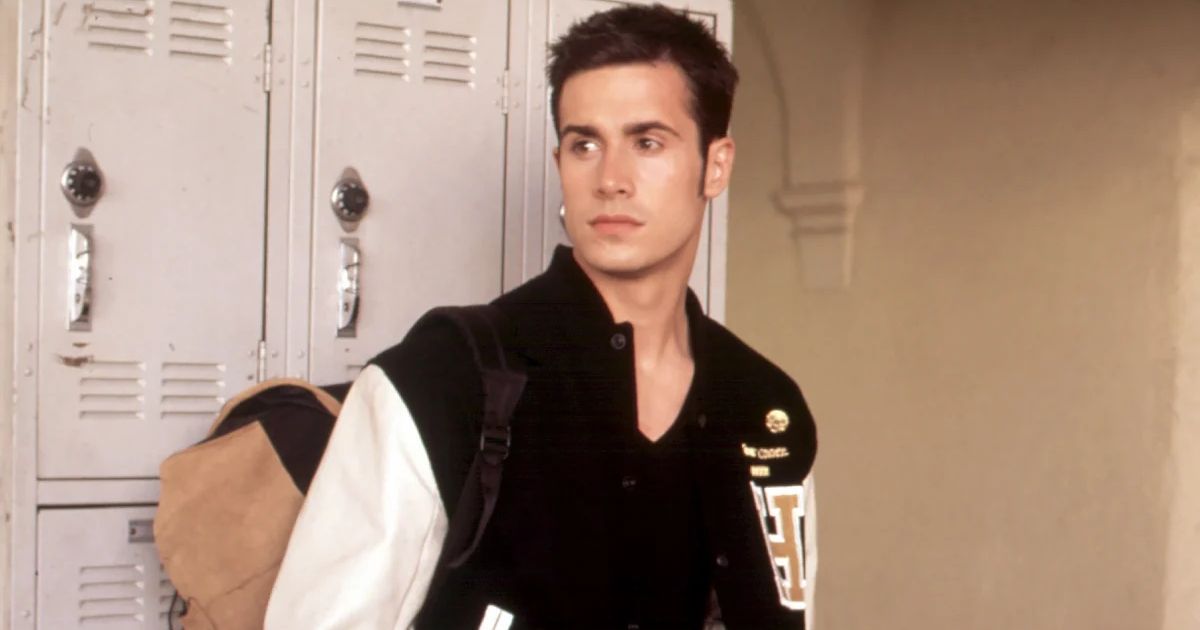
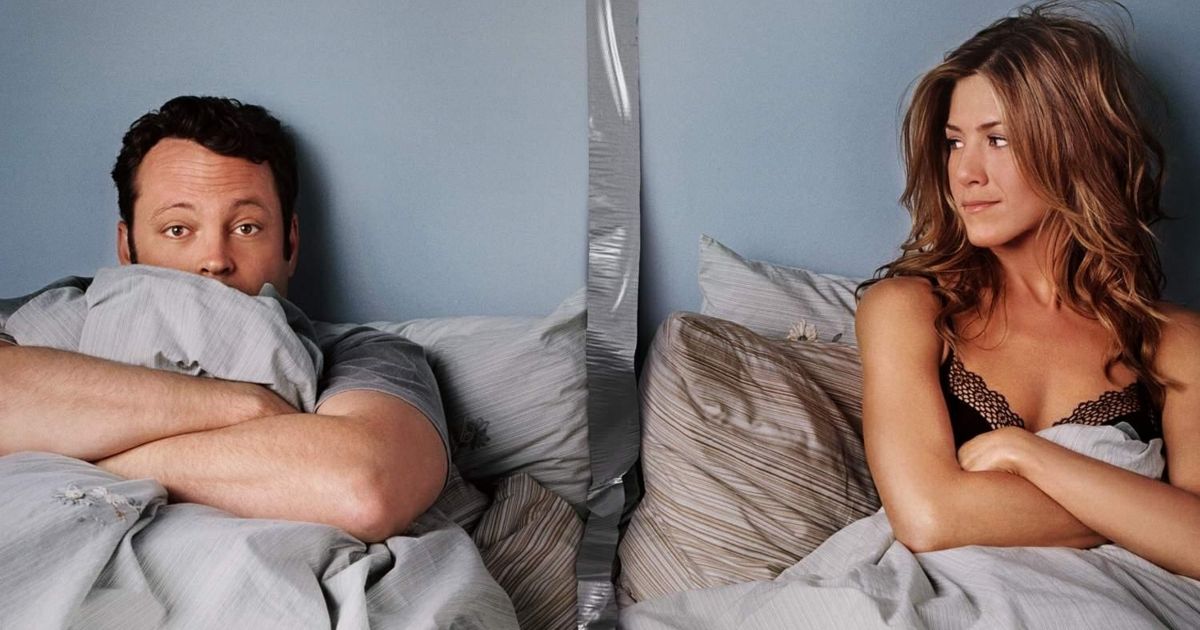
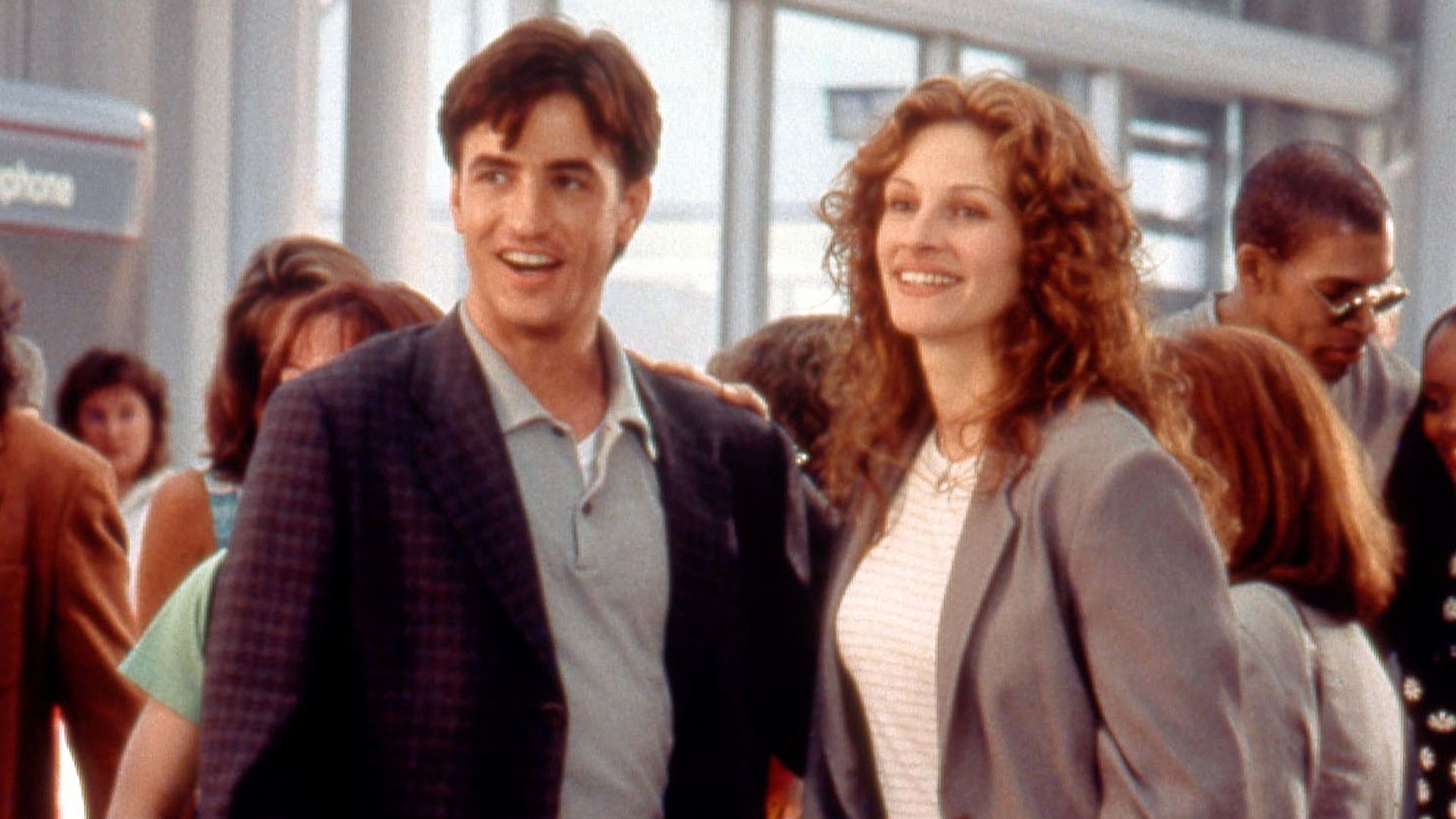
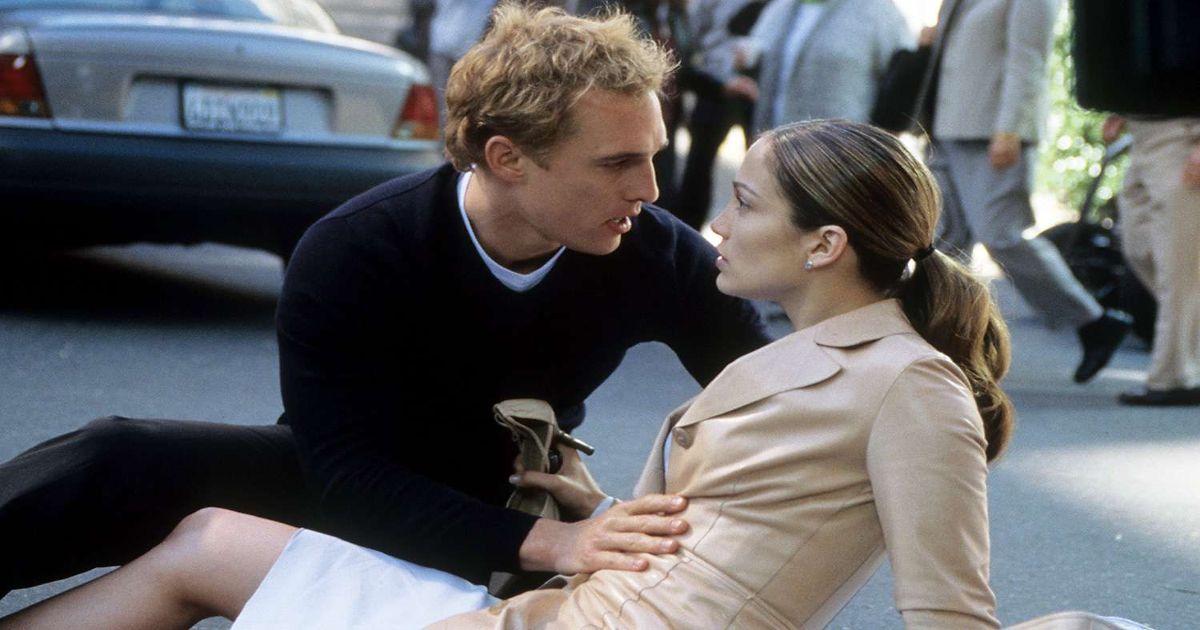
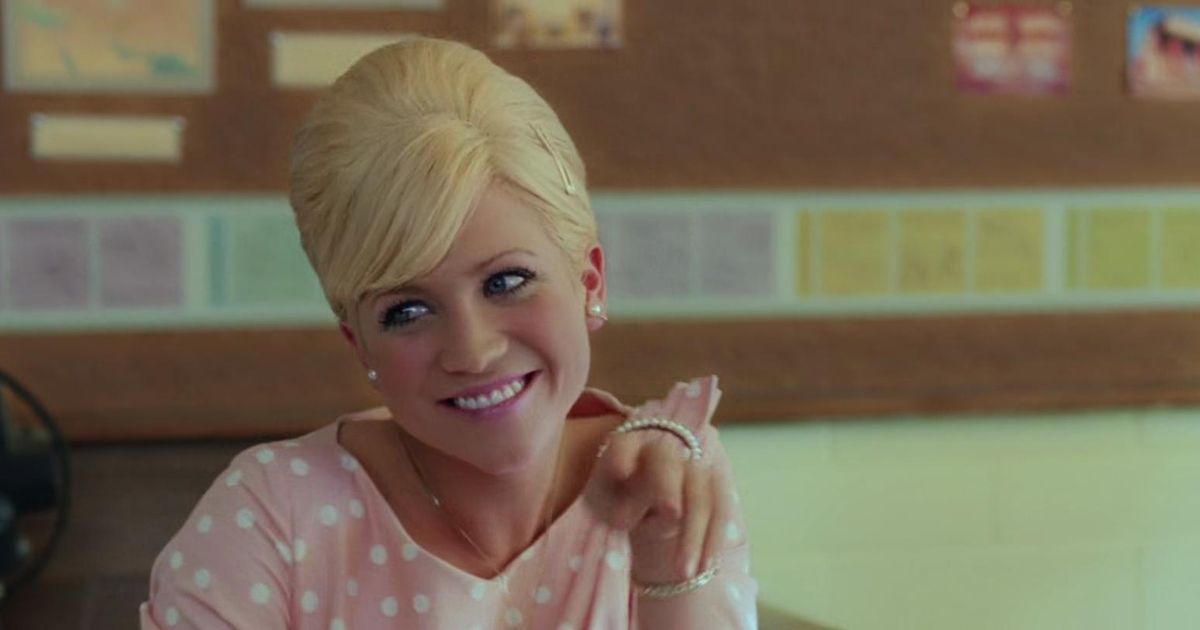
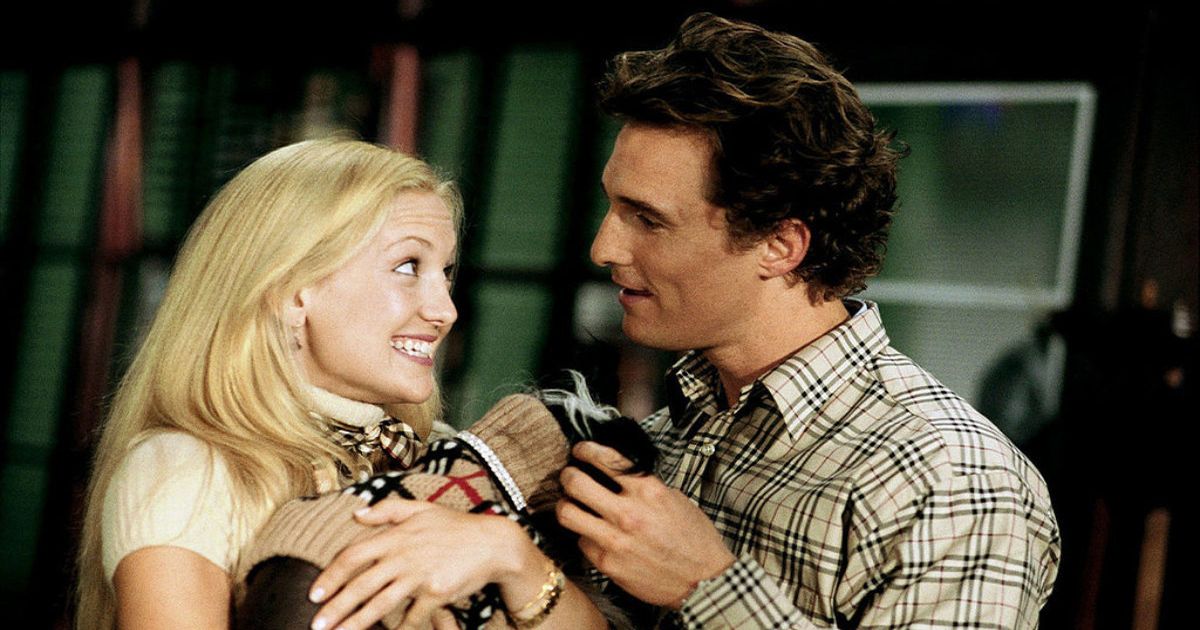
.jpg)